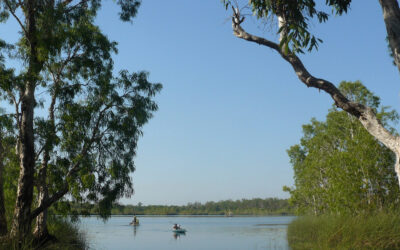Water technology, power relations and knowledge about water are fully interlinked. We all know that knowledge allows us to develop technology, but it has also been demonstrated that technology largely motivates our production of knowledge. Both are therefore linked in a nonlinear fashion. Moreover, they shape access to and control of water or favor specific actors or representations of water. In doing so, they embed, maintain and produce power relations. For example, when a high-tech, computer-driven irrigation system using drip irrigation is chosen, it requires a greater investment and a higher level of formal education from its users than for a traditional, open-air canal system. It thus favors some actors (ranging from infrastructure engineers and constructors to farmers). It also modifies the circulation of water (by reducing infiltration) that may well have an indirect social impact since it can, for example, dry out neighboring villages’ wells. Similarly, knowledge about water in agriculture often only represents this element as a production variable and ignores the different roles (of a cultural, social, environmental or recreational order) water plays within local practices. It thus sustains policies that empower actors who do not rely on these practices.
An advanced review article by Aubriot and co-workers aims to understand how scientific literature has addressed, whether explicitly or implicitly, the relationship between water knowledge, technology and power. Since knowledge and technology are never produced in a sociopolitical vacuum, the article goes on to discuss how they embed and produce power relations. This review particularly highlights the relevance of the use of the co-production paradigm by focusing on how boundaries and categories are formed. To conclude, the review suggests four lines of research to further explore co-production processes: i) understanding the political construction of scales of water use and access; ii) identifying the diversity and dynamics of the relationship to water that societies deploy, iii) grasping the way framings and paradigms have been historically shaped, and iv) lastly, further analyzing together political and material dimensions of water.
Kindly contributed by Olivia Aubriot.
















